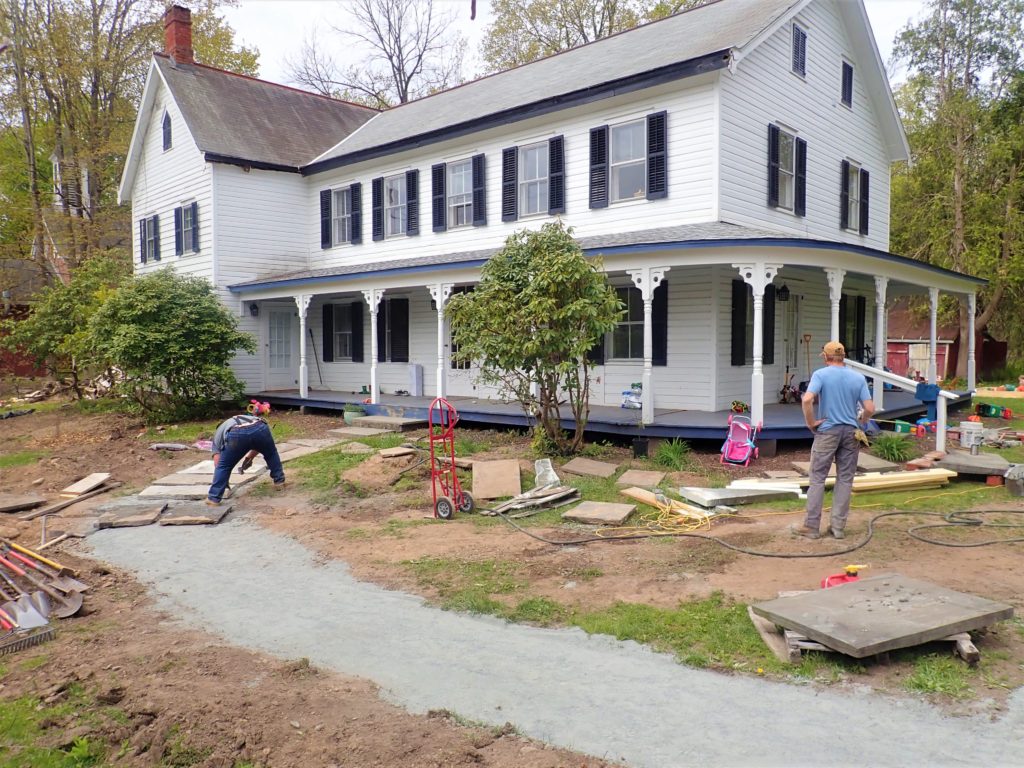Scranton Reginaldus passed away just after midnight on Christmas morning. Some rather sensitive and intelligent tweeter sent this link to me, of Reginaldus reading the first Christmas sermon of his favorite author, Leo Magnus:
Yoshida-kasugachō Here is the text:
Agamus ergo, dilectissimi, gratias Deo Patri, per Filium eius in Spiritu Sancto, qui propter multam caritatem suam, qua dilexit nos, misertus est nostri; et cum essemus mortui peccatis, convivificavit nos Christo, ut essemus in ipso nova creatura, novumque figmentum. Deponamus ergo veterem hominem cum actibus suis, et adepti participationem generationis Christi, carnis renuntiemus operibus. Agnosce, o Christiane, dignitatem tuam, et divinae consors factus naturae, noli in veterem vilitatem degeneri conversatione recidere. Memento cuius capitis et cuius corporis sis membrum. Reminiscere quia erutus de potestate tenebrarum, translatus es in Dei lumen et regnum. Per baptismatis sacramentum Spiritus Sancti factus es templum; noli tantum habitatorem pravis de te actibus effugare, et diaboli te iterum subiicere servituti: quia pretium tuum sanguis est Christi; quia in veritate te iudicabit, qui misericorditer te redemit, Christus Dominus noster. Amen.
Let us give thanks, most beloved, to God the Father, through his Son in the Holy Spirit, who on account of his great love, by which he loved us, has had mercy on us; and when we were dead by our sins, brought us back to life in Christ, that we may be in him a new creation, and a new creature. Therefore let us put off the old humanity with its doings, and having achieved participation in the creating of Christ, let us abjure the works of the ego. Recognize, o Christian, your dignity, and do not, having been made a partner in the divine nature, fall back by degenerate living into the old vileness. Remember of what head and of what body you are a limb. Call to mind that you, uprooted from the power of darkness, have been lifted up into the light and kingdom of God. Through the mystery of baptism you have been made a temple of the Holy Spirit; do not drive out such a tenant with evil actions on your part, and subject yourself once more to the slavery of the devil; because your price is the blood of Christ; because he will judge you in truth, he who mercifully redeemed you, Christ our Lord. Amen.
I was speaking to another student of Reginaldus’s earlier today, who said that we can’t just pick up the phone and call him anymore; we need another instrument, another way of reaching him. Well I knew he was able to reach me with this recording, because of the following: my Latin pronunciation is generally fine. I’ve made a lot of mistakes over the years and now I generally pronounce the words correctly. In class I have to correct students’ pronunciation constantly. But no matter what, whenever I read for Reginaldus there was ALWAYS a word I would mispronounce, and he would have to correct me. Not just slips of the tongue: words that I really did not know how to pronounce correctly. They would always come up. Well hearing him recite this passage from Leo I heard him say “E-ru-tus.” I had always thought it was e-RU-tus. And it was like I had him correcting me again.
Gratias ago Deo Patri qui talem doctorem nobis dedit. In paradisum deducant te angeli, Reginalde.


In Steubenville
24-Aug-20One June morning in 1999, I set out from my Manhattan apartment and rode my bicycle into Central Park. I headed north on the park’s circular road, just like all the other people getting a little exercise in before work began. Some were riding, some were running, some were walking; but I didn’t see anyone else prepared to do what I was doing that morning. I exited the park at its northern extremity and kept riding. Three days later I was in Albany; eleven more days and I was looking at Niagara Falls; then Detroit, Chicago, Milwaukee, Minneapolis, the Badlands, Devil’s Tower, Glacier National Park, Seattle; then Alaska, Eugene, Crescent City, San Francisco; Los Angeles, San Diego, Tijuana. I was planning on biking back to New York too, but my father had a stroke and I flew back home in late September to take care of him.
A lot of things happened on that trip, but it’s still hard to figure out what it all means. It continues to change. The significance of one moment depends on the ones which follow; you cannot tell, looking at a field of young pine trees, which will become the future landscape’s landmarks and which will, in a hundred years, be long gone. Time tells. In youth you have experiences, and treasure them up in your memory; the meaning you find later.
I thought about that yesterday here in Steubenville, Ohio, as I stood in front of St. Peter’s Church in the town’s run-down downtown. I could remember the first time I ever heard of Steubenville. I was biking up the Mohawk River, on Route 5 in New York, on that 1999 trip, when I saw a sign for the Shrine of the the North American Martyrs. I had never heard of the place, but I was looking in particular for things I had never heard of, so I crossed the river to Auriesville. Three Jesuits had been martyred there, and you could go down into a little dell where they supposedly got tomahawks in their skulls; it was a bit strange to stand there, a rather typical upstate New York grassy glade surrounded by woods, and think of it as a historical place. I stood alone, in a cloud of gnats and mosquitoes, not really knowing what to think. As I returned from the glade I went to a kind of log cabin that housed a little museum. An old man in t-shirt, jeans, and baseball cap sat on the little porch there by himself. There was no one in the museum, and after looking at the odds and ends there I stepped back outside and spoke with the man. He was from Arizona, but he had wanted to visit this place. He had a gravelly, unattractive voice. He liked Arizona. Yes, it was 115 degrees there in the summer, but he was retired, and “the temperature don’t hardly matter when yer sitting by the pool all day.” He then thought about it some more, and said, “The only problem is the rattlesnakes, because they want to sit by the pool too… they all come out of their necheral habertats.” To this day I remember how he said “necheral habertats.”
He also said something odd to me, which I remembered. During a lull in the conversation he asked me, “Have you ever been to Steubenville?”
“No. What’s Steubenville?”
“You should go there.”
“Where is it?”
“It’s in Ohio. Are you going to Ohio on your trip?”
“I don’t think so.”
“You should go there. You’ll like it there.”
I was headed to Detroit from Auriesville, and from Detroit I was going to Chicago, which meant no trip to Ohio; I didn’t ever consider his admonition seriously enough to consider changing my itinerary, and no doubt if I had charted a direct course for Steubenville I would have been disappointed.
I thought about all this yesterday, standing in front of St. Peter’s with my wife and children. Five and a half years earlier we had gotten married here at this Steubenville church; four and half years ago our twins were baptized at this font; three years ago our little Eva was born on the hill above town. Now a little knot of young families stood in front of the church; the young mothers were all in their floral-print summer dresses; my children were playing with the other children under the dogwoods; people were gossiping about the new house that was up for sale. In five minutes here I could find five new friends; I was interested in what people had to say, and they were interested in what I had to say; it was easy to look around and find work to do, though admittedly I don’t know if anyone would be willing to pay for anyone to do it. I concluded that that man in Auriesville 20 years had been right: I did like it, and I was happy to be here, and I reflected on how completely impossible to predict it all would have been twenty years ago, when I turned north onto Seventh Avenue and got off the track that could have kept me going around and around the same old loop every morning.